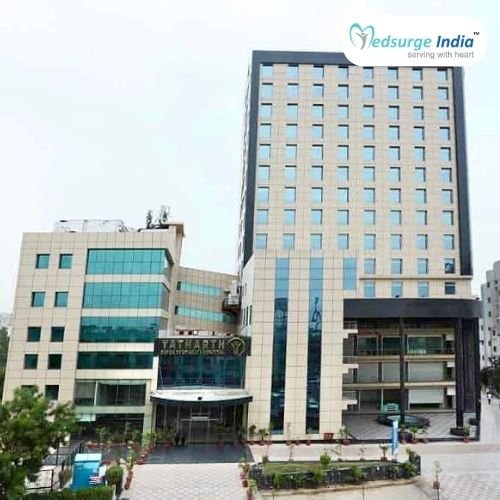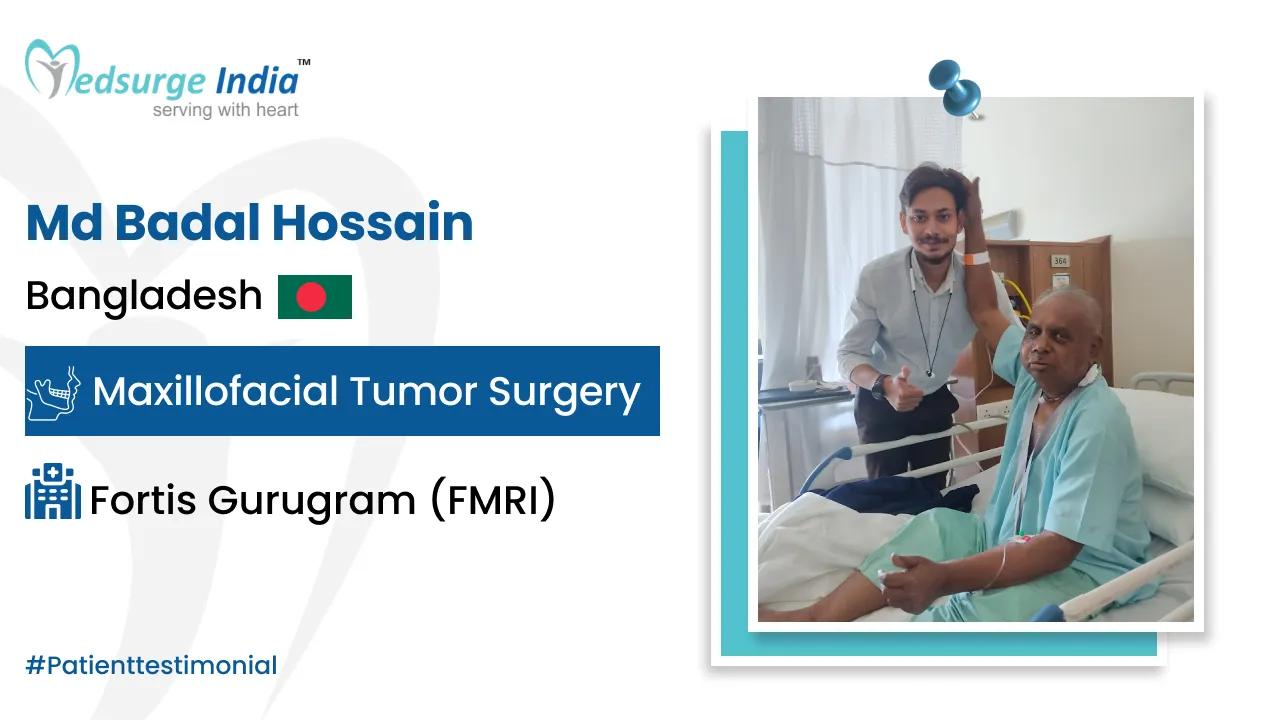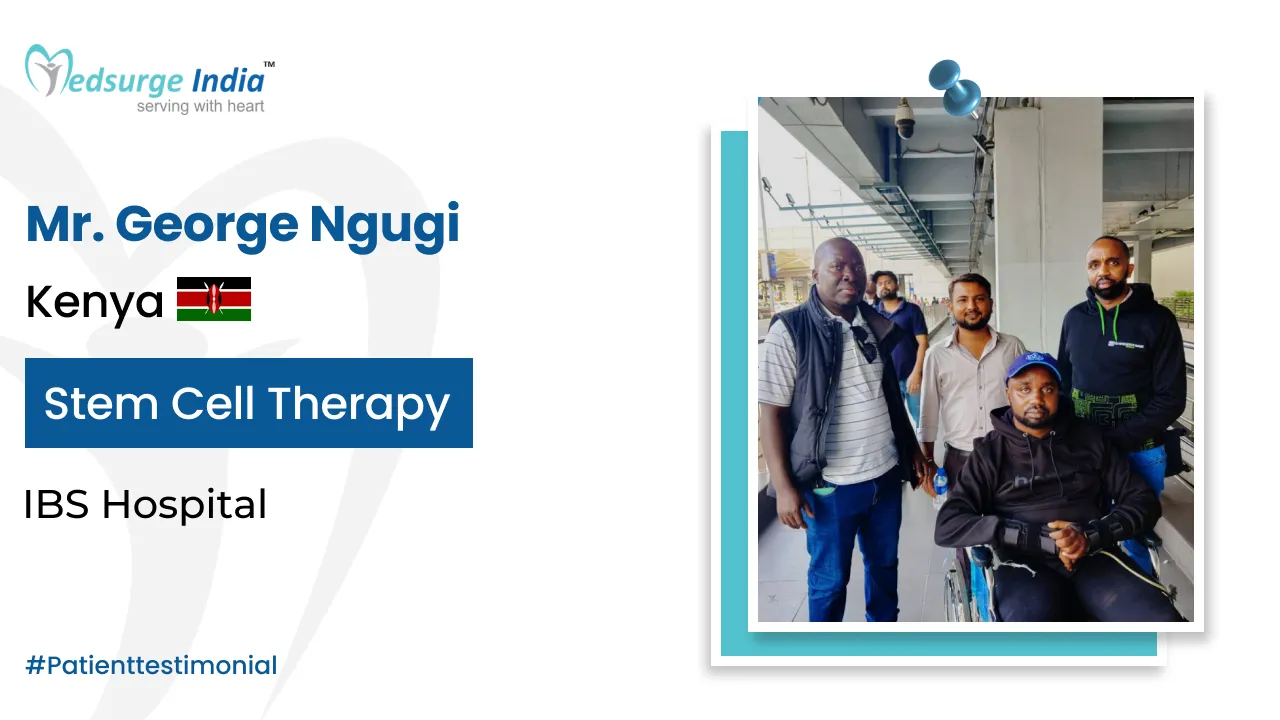
A pacemaker, a small device that is powered by a battery and is utilized to regulate the heart’s rhythm and prevent the heart from beating too slowly. The installation of a pacemaker necessitates a surgical procedure, with the device typically placed near the collarbone beneath the skin.
Numerous individuals opt to undergo pacemaker surgery in Turkey due to the country’s reputation for housing top-notch cardiac surgeons and hospitals that offer superior treatment with advanced equipment and amenities. Moreover, pacemaker surgery cost in Turkey is notably more economical in contrast to other nations.
What is a Pacemaker?
A pacemaker is a sophisticated medical instrument that are surgically implanted in the body to support the heart’s electrical system. By addressing potential disruptions or dangers to your life, they effectively regulate irregular cardiac rhythms and ensure the proper functioning of your heart.
The internal electrical system of your heart enables each chamber to contract in a coordinated manner. However, if there is an electrical malfunction, your heart’s chambers may contract in the wrong sequence or with inadequate force, hindering the efficient circulation of blood throughout your body. Pacemakers utilize electrical impulses to rectify these issues and restore normal heart function.
Types of Pacemaker
- Single-chambered pacemaker: Usually, this type of transmission sends electrical signals to the lower right chamber of the heart.
- Dual chamber pacemaker: This type of stimulation activates the upper and lower chambers of the heart on the right side using electrical impulses.
- Biventricular pacemaker: This type of device is also known as a cardiac resynchronization pacemaker, designed for individuals with slow heartbeats and heart failure. The device simultaneously stimulates both lower chambers of the heart, ultimately enhancing the strength of the heart muscles.
Conditions That Are Treated With Pacemaker
Pacemakers are recommended for people with conditions such as:
- Certain heart arrhythmias.
- Heart blocks.
- Heart failure.
- Patients with a history of heart attack
Pacemaker Surgery Cost in Turkey
The average pacemaker surgery cost in Turkey can start from ₺2,35,000 (7500 USD). The price of the pacemaker surgery in Turkey will depend on the type of treatment you choose.
Pacemaker Surgery Cost in Different Parts of Turkey
| Cities | Starting Prices |
| Istanbul | 9000 USD |
| Ankara | 8800 USD |
| Antalya | 8500 USD |
| Izmir | 8500 USD |
| Bursa | 8900 USD |
| Adana | 9000 USD |
Please keep in mind that the cost and treatment options for Pacemaker Surgery Cost in Turkey may differ based on the patient’s preferences and other factors.
Factors That Can Affect Pacemaker Surgery Cost in Turkey
Following stated below are some of the factors that can affect Pacemaker Surgery cost in Turkey:
- Medication costs.
- Duration of treatment.
- Geographical location.
- Hospitalization expenses.
- Government policies and subsidies.
- Medical tourism packages.
- Hospital reputation and infrastructure.
- The expertise and experience of medical professionals.
- The type and frequency of diagnostic procedures.
- The choice of treatment modality.
Pacemaker Surgery cost in Turkey not only provides top-notch medical care and facilities comparable to renowned healthcare institutions globally, but also takes into consideration accommodation, meals, and transportation expenses. Additionally, Medsurge India guarantees that patients will receive the most cost-effective Pacemaker Surgery cost in Turkey under the supervision of highly skilled doctors.
Helpful: Pacemaker Surgery Cost in India
How Medsurge India Can Help?
Medsurge India is an esteemed support network for patients seeking physicians, hospitals, and specialized therapies. Regarding your healthcare needs, our team will provide you with a list of accredited, reputable, and trustworthy physicians and medical facilities. We can also provide you with an affordable treatment plan. We also assist patients with a wide range of other issues, including obtaining travel authorization and medical visa assistance.
Get Free Cost Estimation
The Most Important Frequently Asked Questions
Q: How Long Dose a Pacemaker Surgery Take to Complete?
A: The typical duration of the procedure is approximately one hour; however, if you are undergoing a biventricular pacemaker implantation with three leads or any other concurrent heart surgery, it might take longer. Following the procedure, it is customary to spend a night in the hospital and allow yourself a day of rest.
Q: What Is the Average Lifespan of an Individual with a Pacemaker?
A: The average cumulative survival following pacemaker implantation was 99.4 months, equivalent to approximately 8.3 years. Additionally, the cumulative survival rates at 1, 3, 5, and 10 years were 86%, 78%, 70%, and 60%, respectively.
Q: What Are Some of the Disadvantages of Having Pacemaker?
A: Like all medical or surgical procedures, the implantation of a pacemaker carries both risks and benefits.
- One potential risk is the formation of a blood clot in the arm veins on the same side where the pacemaker was placed.
- Another risk is the possibility of pacemaker infection.
- There is a potential for air leakage and problems associated with the pacemaker itself.
Q: What Limitations Are There Following Pacemaker Surgery?
A: Please refrain from engaging in any strenuous activities, such as playing golf or mowing the lawn, for approximately four weeks. If you have a job, you may resume work approximately one week after the procedure. Once you have been discharged from the hospital, kindly schedule an appointment to meet with the nurse and/or doctor one week after the implantation.
Q: Can a Pacemaker Be Removed?
A: The necessity of a temporary pacing wire insertion is determined by the cause of removal and the patient’s reliance on the pacemaker. In cases where patients are unable to survive without a pacemaker, a temporary pacing wire must be placed through a vein in the groin or neck prior to the removal of the permanent pacemaker and leads.










































